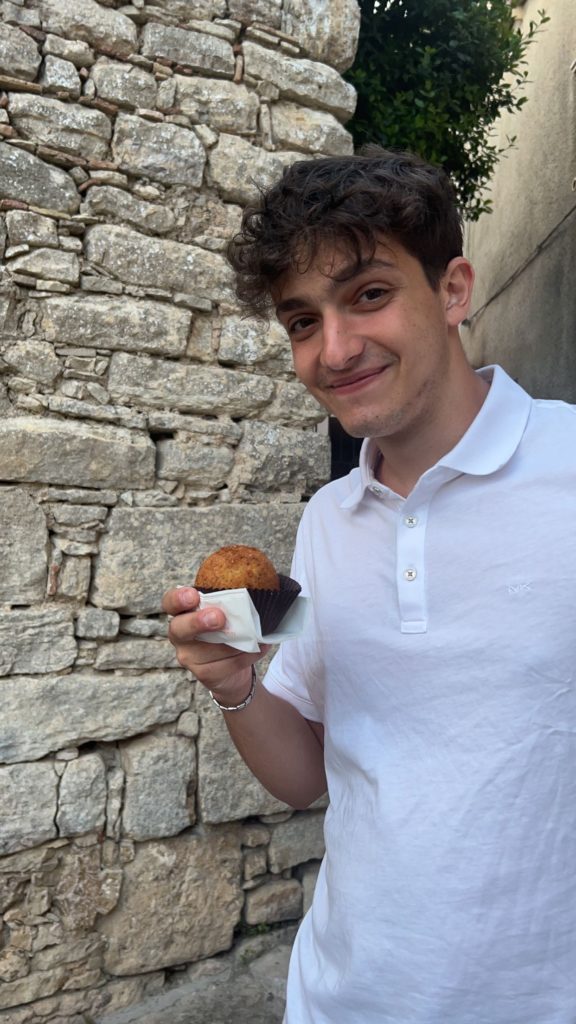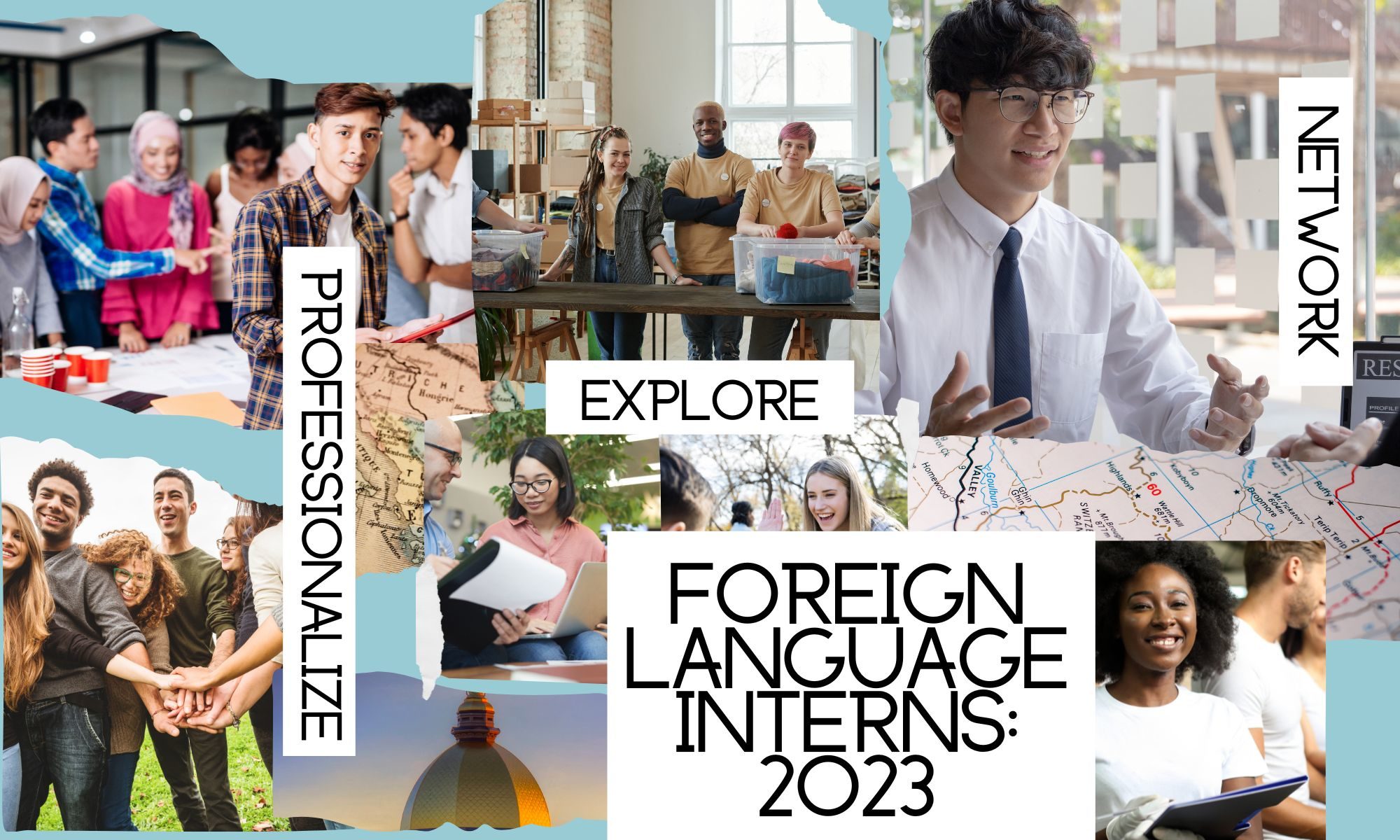It has been approximately a month since starting my internship and I have smoothly transitioned into my diverse daily routine. I initially started out my mornings teaching Italian to refugees from the Middle East alongside another professor but now I have assumed a new role teaching Ukranian refugees by myself as the primary instructor. During the afternoon, I head to the DONK Humanitarian Medicine office where I dive into my research into the psychological disturbances affecting refugees in Italy. And finally, in the evenings, I find myself in the heart of Trieste, volunteering in the clinic alongside a physician providing free medical care to immigrants.
Though I have become quite used to my daily schedule, I always have daily surprises. For example, last week a 60-year-old Iranian refugee walked into our clinic seeking psychological help. Being the only Iranian immigrant currently being welcomed into Trieste by our group, he has found himself isolated both by language barriers and cultural differences. Searching for someone to confide in, he comes to us to speak about his experiences and what he hopes for in the future.
Personally hearing his story for the first time, I could not grasp how he could have such unceasing optimism. Following his first visit with us, I took it upon myself to reach out to him for daily activities in which he could express himself and have a friend to confide in. Despite the challenges he has faced, being able to talk with me daily has given him hope and he has fondly called me his best friend right now. Our daily interactions are invariably concluded with a heartfelt phrase that has since found a home in my heart, “You give me hope, really, you give me hope.” This phrase not only touches me deeply but it has also instilled a sense of responsibility and purpose in my humanitarian service. His sense of isolation is born from the cultural and linguistic barriers he faces. Yet, his recurring message of hope underscores the universal language of friendship that surpasses all cultural boundaries.
Reflecting on these interactions now, I’m overwhelmed by profound gratitude. Our relationship underpins the importance of cultural understanding and empathy. As an Italian american, connecting with an Iranian requires a conscious cultural balancing act.
This journey has been an enlightening teacher, revealing that even amidst isolation and hardship, the human spirit’s capacity for hope never wavers. Furthermore, it has emphasized the profound influence of seemingly small gestures, such as our shared walks and talks. I am incredibly grateful for the friendship I have been able to cultivate even with those who I had least expected.
With more updates to come soon,
Gabe
PS. Out of respect for the refugee discussed in this blog, he has requested that I do not publish any photos with him. The photos below were taken with two of my students who I teach Italian. They had consented to these photos and their publication prior.


